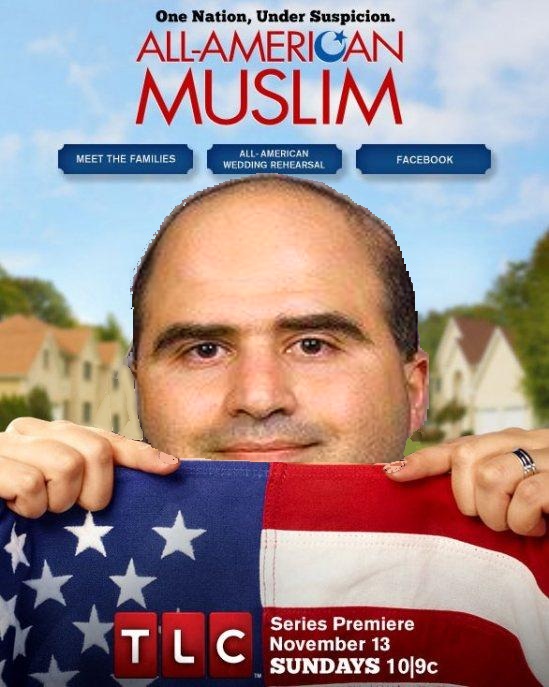The great majority of Bangladesh’s 160 million citizens are Muslims, making it one of the world’s largest Muslim communities. Bengali Islam is distinctive, shaped by a long history in which adherents of different religions lived side by side. A Muslim family prayed five times a day, but also went to the Hindu temple. Bengali Islam was seen as tolerant, infused with the poetry and language of love of the Sufi traditions. Bengali women rarely wore head coverings. People speak, with pride, about traditions where neighbors not only respected each other’s religions but joined in celebrating all festivals.
Today, however, people talk of changes in the character of Bangladeshi Islam. These are visible in women’s more covered dress, and audible in a more strident political discourse, less tolerant of diversity. The marker of 9/11 is said to account for some of the change, accentuated by the winds of globalization that have brought religious fundamentalism onto the scene. Today’s Bangladeshi Islamic practice and its place in the political scene are colored by memories of Bangladesh’s painful 1971 divorce from Pakistan. As in so many other places, Islam and politics are hard to separate, and today’s political discourse is often polarized, prone to harsh rhetoric. Islam’s role remains an issue, whether in educational curricula or in finance.
Women in Bangladesh fare relatively well, though true equality is a goal rather than a reality (not withstanding that the prime minister is a woman). Most girls go to school, family planning is quite widely available, and microcredit from the two famous providers – Grameen Bank and BRAC – give many women a chance of independence and a shot at greater prosperity. So the evidence that women, including those who are highly educated, are becoming more religious and more conscious of their Islamic identities, raises some questions.
What is happening, though, seems to be a new phenomenon, far from a regression to the past or acceptance of a harsher interpretation of women’s roles in a Muslim society. Samia Huq, who is part of the BRAC Development Institute and has studied the topic, maintains that today’s Bangladeshi women are determined to interpret Islam on their own terms. Women’s approach to Islam is very much influenced by feminist terminology and discourse. And that discourse includes significant and rather unfamiliar facets, like assertions that Islam offers protection from violence against women. Bangladeshi women are challenging an approach to Islam that they see as misogynist, presenting instead a compelling spiritual case for equality and rights. The traditions that have cast women in subservient roles are not, they argue, Islamic, but the product of male-dominated cultures and a misreading of scripture. Instead, women are seeing their Islamic identity as a source of empowerment, and of liberation.
The new trends are taking at least two paths. One is political, acted out through the Muslim-linked political parties. Here, women are playing increasingly active roles. The other path, far more decentralized, is seen at the community and individual level, where women are interpreting religious texts for themselves and drawing their own conclusions on the spiritual lessons. Women preachers are emerging. Groups where women read religious texts and discuss them have mushroomed over the past ten years.
The discourse, for example, distinguishes between purdah of mobility and purdah of the mind and soul. Purdah of mobility is associated with subservience and the domination of men, while purdah of the mind and soul goes to the essence of individual purity and commitment.
Islam in Bangladesh, like all religions everywhere, is something living, shaped by the people who profess the faith and by the time and place they live. Bangladesh faces some of the world’s most difficult challenges. Many people live in poverty and climate change is already having an effect; rising sea levels have driven hundreds of thousands of people to the capital, Dhaka. It is striking that gender is very much part of the national agenda, as is the role of religion. In both cases, change and challenge are the order of the day.
Many discussions about Islam focus on women’s roles – their freedom of movement, whether they can attend school and work, their right to choose their husbands, their legal rights to inheritance and in divorce. Women are not passive bystanders in the debates. Instead, they are looking to their faith for an ethical anchor, for meaning as they assess their daily lives, and as a source of confidence and empowerment. Women actively living and reinterpreting Islam, looking to the essence of beliefs and teachings rather than to age-old cultural traditions, is an exciting trend. More power to them.
(Photo: Perumal Venkatesan)
Katherine Marshall is a senior fellow at Georgetown University’s Berkley Center for Religion, Peace and World Affairs, a Visiting Professor, and Executive Director of the World Faiths Development Dialogue. This article was previously published at the Newsweek/Washington Post’s On Faith.




